|
This last weekend I preached on "Gospel Ordinances"—baptism and the Lord's Supper—and talked about how these two practices help the church stay tethered to the gospel. I’ve sat in a bunch of classrooms and academic environments hearing about the ordinances (baptism and Communion/the Lord’s Supper), but haven’t heard many sermons on them. But these practices ARE FOR THE CHURCH! It's important to preach on these things in the setting of gathered worship where they are regularly practiced. If you’re not a Christian or are brand new to church, this’ll be super helpful at helping you understand these practices that may seem weird / foreign to you. If you’re someone who grew up in a different tradition than Brookside, watch the message—we'll open up the Bible and you’ll see where we’re coming from. If you’ve been following Jesus for a long time, we need to watch that these things don’t become mechanical. Tomorrow we’ll breathe fresh life into the meaning behind them. If you're interested, here's a brief outline of what I covered:
0 Comments
Looking for some of the best biblical and theological books to read in 2019? Below I've collected and listed five "sources" that are worth listening to for some worthwhile reads. My hope is that as you scan these lists, you'll find at least 2-3 books that strike your interest enough for you to pick up the book and dig in. Click on either the image or the title below and you'll be taken directly to a page where you can see which books are on that particular list. My Top 5 Reading Lists of 2018Interested in more?Below you'll find a few other links to related posts. Happy reading!
Christmas is less than three weeks away (!!), and that means many of us are thinking through what to buy for others in our lives. If you're looking for ideas for the "reader" you know, here are six accessible suggestions based on books I've read and recommend, or books that are very much on my radar screen to read soon. Most of these suggestions have been recently published (in the last 2-3 years) and will be linked to an Amazon page where you can learn more. You'll see they're listed under 6 categories that I try and stay loosely tethered to:
What other books (in any of these categories listed above) would you suggest people consider? List 'em here!
This posted in adapted from an earlier post on this site, first composed on October 31, 2014. Tonight is Halloween. A couple of my kids will likely be going door-to-door getting candy, and we'll probably be handing out candy to neighborhood kids from our door as well. But October 31 is significant for more reasons than just this. October 31 is also "Reformation Day" - the day in 1517 when a monk named Martin Luther nailed 95 Theses to a church door in Germany and sparked what we now call the Protestant Reformation. (For a recommended introduction to Luther's 95 Theses, check out this book.) Here's what Philip Schaff, a noted church historian, says about the significance of the Reformation: “The Reformation of the sixteenth century is, next to the introduction of Christianity, the greatest event in history. It marks the end of the Middle Ages and the beginning of modern times. Starting from religion, it gave, directly or indirectly, a mighty impulse to every forward movement, and made Protestantism the chief propelling force in the history of modern civilization.” If your'e looking to brush up a bit on Reformation history, check out this post from Ligonier Ministries. This post shares a bit more about the history of the Reformation and key players in it. I encourage you to take a few minutes on this Reformation Day of 2018 and check it out. Here's the post: "The Reformation and the Men Behind It" by Stephen Lawson
Please note the usual disclaimer, that my recommendation of this article is not necessarily an endorsement of everything else on the site where this was posted. As always, read both discerningly and graciously, and with the Bible as your final authority. Summer is upon us!
If you've got some extra time over the next couple of months - maybe you're traveling a bit, or your summer schedule allows you more time to read for other reasons, or you just want some book recommendations as you maintain a habit of reading - here are a few books (in categories we should keep on our radar screens) you may want to consider. These are books that I've either read recently myself, or am hoping to dig into in the next couple of months. I encourage you to explore these books a bit (each is linked to their Amazon page where you can learn more), then choose whichever one or two jumps out at you most and dig in! Every year my wife plants a big garden, and we look forward to all the fruit of that garden throughout the summer and into the Fall. She plants lettuce and tomatoes and peppers and whole lot of other things. But we also know that if we’re going to eat the fruit of the garden, we need to actively be dealing with the weeds in the garden. Because weeds will steal light and nutrients from the plants we want to grow. Weeds crowd out space you want for the crops to flourish. Dealing with weeds is a struggle. It’s work! But it’s worth it. In Colossians 3:5-11, the Apostle Paul tells us to make sure we're dealing with the weeds in our garden. Listen to what he says: 5 Put to death, therefore, whatever belongs to your earthly nature: sexual immorality,impurity, lust, evil desires and greed, which is idolatry. 6 Because of these, the wrath of God is coming. 7 You used to walk in these ways, in the life you once lived. 8 But now you must also rid yourselves of all such things as these: anger, rage, malice, slander, and filthy language from your lips. 9 Do not lie to each other, since you have taken off your old self with its practices 10 and have put on the new self, which is being renewed in knowledge in the image of its Creator. 11 Here there is no Gentile or Jew, circumcised or uncircumcised, barbarian, Scythian, slave or free, but Christ is all, and is in all. Happy Reformation Day! On this day, 500 years ago, Martin Luther famously nailed his 95 Theses to the door of the Wittenberg Chapel - the event that we now commonly look to as igniting the Protestant Reformation.
Below I've collected a handful of resources that will help you understand a bit more about the Protestant Reformation and reflect on its ongoing significance. I encourage you to choose 1-2 links that interest you most and dig in. If you've got kids at home, consider bringing up some of the "big takeaways" with them, and inviting them into remembering the positive significance of the Reformation today. I've included a couple of accessible books that motivated learners can read. Based on the number of "hits" each month, here are the top 5 posts here on the Brookside Institute blog for the last six months - January 2017 through June 2017. Take a minute to scroll through the list below and either catch up on things you may have missed or revisit things that were especially helpful.
Every now and then I try to take some time and reflect on why the intentional teaching ministry of the church remains important. Whatever shape it takes, why is equipping and a teaching in the church, for the church, and by the church valuable?
At least one reason is the growth of secularism, pluralism, and "indifferentism" in America. Very simply stated, secularism is a worldview that pushes God to the margins. It's fine to believe in God on your own, the secularist may say, just don't bring any religious ideas or reasoning into the public square. Pluralism flows out of the reality that we are surrounded by people who believe very different things than than us - and it often goes a step further to say the no one religion can be exclusively true. "Indifferentism" (this is my term, I think) tries to explain the religious apathy of the "nones" and "dones" - those who adhere to no single religious expression (the "nones") or those who have "tried out" some religion and - for whatever reason - didn't stick with it. So what does all this have to do with catechesis - an intentional and systematic approach to teaching in the local church? Here's what: Christmas is officially five days away (!!), and that means many of us are considering last minute gift ideas for others in our lives. If you're looking for ideas for the "reader" you know, here are six accessible suggestions based on books I've read and recommend, or books that are very much on my radar screen to read soon. Each of these suggestions has been recently published (in the last 2-3 years) and will be linked to an Amazon page where you can learn more. You'll see they're listed under 6 categories that I try and stay loosely tethered to:
What other books (in any of these categories listed above) would you suggest people consider? List 'em here!
|
Tim WiebeChristian. Husband. Father. Pastor. Learner. Contributor. Reader. Categories
All
Archives
June 2024
|
© 2014-2024 | 11607 M Circle, Omaha NE, 68137 | www.thebrooksideinstitute.net

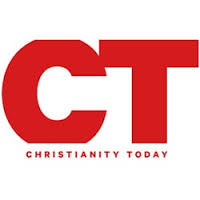


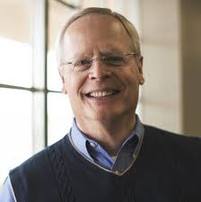
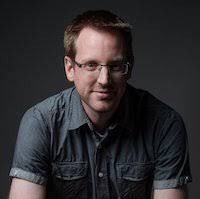

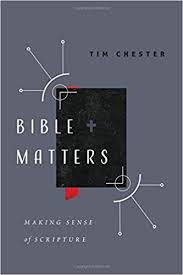
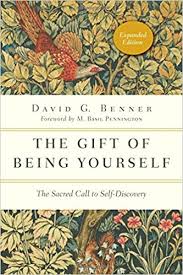
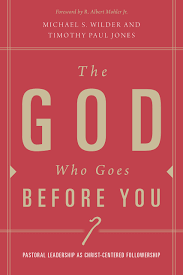
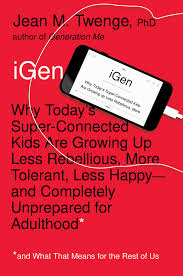
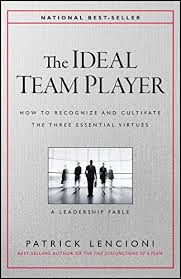
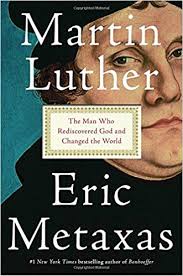
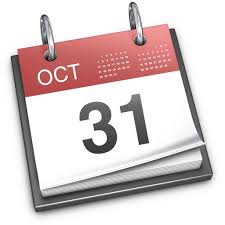



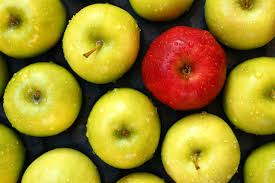

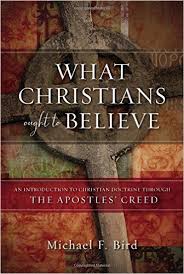
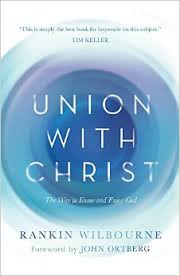
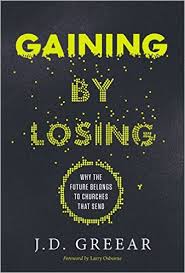
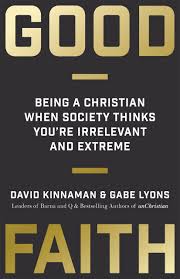
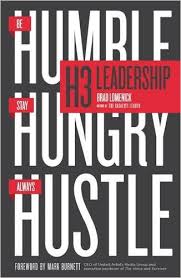
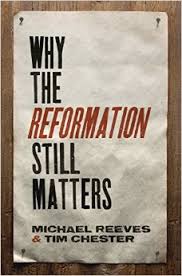

 RSS Feed
RSS Feed
